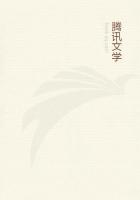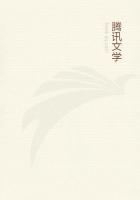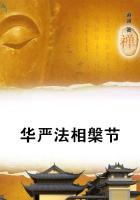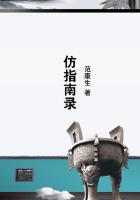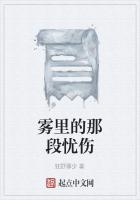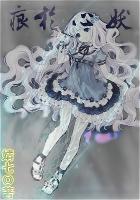II.
I must have been about twelve years of age when I realized that I was possessed of the bard's inheritance.A momentous journey I made with my parents to Boston about this time not only stimulated this gift,but gave me the advantage of which other travellers before me have likewise availed themselves--of being able to take certain poetic liberties with a distant land that my friends at home had never seen.Often during the heat of summer noons when we were assembled under the big maple beside the lattice fence in the Peters'yard,the spirit would move me to relate the most amazing of adventures.Our train,for instance,had been held up in the night by a band of robbers in black masks,and rescued by a traveller who bore a striking resemblance to my Cousin Robert Breck.He had shot two of the robbers.These fabrications,once started,flowed from me with ridiculous ease.I experienced an unwonted exhilaration,exaltation;I began to believe that they had actually occurred.In vain the astute Julia asserted that there were no train robbers in the east.
What had my father done?Well,he had been very brave,but he had had no pistol.Had I been frightened?No,not at all;I,too,had wished for a pistol.Why hadn't I spoken of this before?Well,so many things had happened to me I couldn't tell them all at once.It was plain that Julia,though often fascinated against her will,deemed this sort of thing distinctly immoral.
I was a boy divided in two.One part of me dwelt in a fanciful realm of his own weaving,and the other part was a commonplace and protesting inhabitant of a world of lessons,disappointments and discipline.My instincts were not vicious.Ideas bubbled up within me continually from an apparently inexhaustible spring,and the very strength of the longings they set in motion puzzled and troubled my parents:what I seem to see most distinctly now is a young mind engaged in a ceaseless struggle for self-expression,for self-development,against the inertia of a tradition of which my father was the embodiment.He was an enigma to me then.He sincerely loved me,he cherished ambitions concerning me,yet thwarted every natural,budding growth,until I grew unconsciously to regard him as my enemy,although I had an affection for him and a pride in him that flared up at times.Instead of confiding to him my aspirations,vague though they were,I became more and more secretive as I grew older.Iknew instinctively that he regarded these aspirations as evidences in my character of serious moral flaws.And I would sooner have suffered many afternoons of his favourite punishment--solitary confinement in my room--than reveal to him those occasional fits of creative fancy which caused me to neglect my lessons in order to put them on paper.Loving literature,in his way,he was characteristically incapable of recognizing the literary instinct,and the symptoms of its early stages he mistook for inherent frivolity,for lack of respect for the truth;in brief,for original sin.At the age of fourteen I had begun secretly (alas,how many things I did secretly!)to write stories of a sort,stories that never were finished.
He regarded reading as duty,not pleasure.He laid out books for me,which I neglected.He was part and parcel of that American environment in which literary ambition was regarded as sheer madness.And no one who has not experienced that environment can have any conception of the pressure it exerted to stifle originality,to thrust the new generation into its religious and commercial moulds.Shall we ever,I wonder,develop the enlightened education that will know how to take advantage of such initiative as was mine?that will be on the watch for it,sympathize with it and guide it to fruition?
I was conscious of still another creative need,that of dramatizing my ideas,of converting them into action.And this need was to lead me farther than ever afield from the path of righteousness.The concrete realization of ideas,as many geniuses will testify,is an expensive undertaking,requiring a little pocket money;and I have already touched upon that subject.My father did not believe in pocket money.A sea story that my Cousin Donald Ewan gave me at Christmas inspired me to compose one of a somewhat different nature;incidentally,I deemed it a vast improvement on Cousin Donald's book.Now,if I only had a boat,with the assistance of Ham Durrett and Tom Peters,Gene Hollister and Perry Blackwood and other friends,this story of mine might be staged.
There were,however,as usual,certain seemingly insuperable difficulties:in the first place,it was winter time;in the second,no facilities existed in the city for operations of a nautical character;and,lastly,my Christmas money amounted only to five dollars.
It was my father who pointed out these and other objections.For,after a careful perusal of the price lists I had sent for,I had been forced to appeal to him to supply additional funds with which to purchase a row-boat.Incidentally,he read me a lecture on extravagance,referred to my last month's report at the Academy,and finished by declaring that he would not permit me to have a boat even in the highly improbable case of somebody's presenting me with one.Let it not be imagined that my ardour or my determination were extinguished.Shortly after I had retired from his presence it occurred to me that he had said nothing to forbid my ****** a boat,and the first thing I did after school that day was to procure,for twenty-five cents,a second-hand book on boat construction.
The woodshed was chosen as a shipbuilding establishment.It was convenient--and my father never went into the back yard in cold weather.


